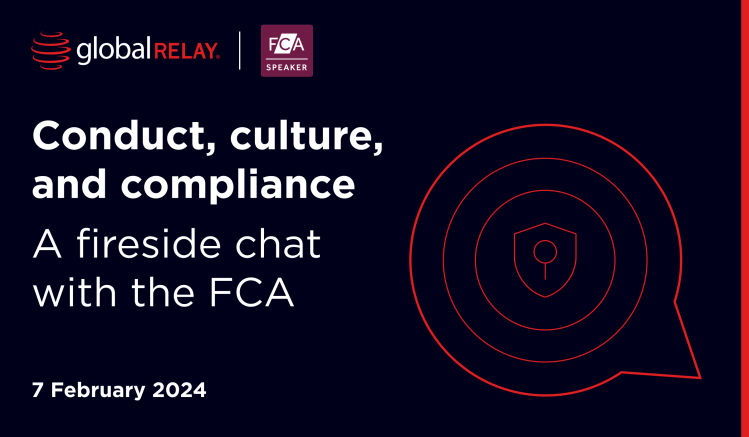Remediate, recordkeep, rinse, repeat – SEC sets out decision making process behind recordkeeping fines
The SEC sets out the rationale behind its recordkeeping enforcements, increasing its transparency and pushing for greater accountability across the industry.
On the books – FINRA fine proves marketing comms can be a recordkeeping risk
A recent fine issued by FINRA for a firm’s failure to preserve marketing communications has added yet more fuel to the current regulatory focus on marketing, recordkeeping, and social media.
Case-by-Case: FCA clarifies how new “name and shame” approach will be implemented
In a recent webinar, Therese Chambers, Joint Executive Director of Enforcement and Market Oversight, FCA, detailed how the regulator will implement its new “name and shame” approach to investigations – and how it will act as a deterrent.
Frantic February: Should compliance teams be worried after a mega month for the FCA?
Does increased action from the U.K. regulator suggest that new hires and new strategies are taking effect? And what does this mean for your compliance team?
JPMorgan Chase hit with almost $350 million in fines for gaps in trade surveillance data
With JPMorgan Chase being fined a considerable $350 million sum for “unsafe or unsound” practices around trade surveillance, what impacts will this have on how firms trade and communicate compliantly?
OCC to join regulatory rollout as it eyes operational risk requirements for banks
The OCC has announced that it is focusing on baseline operational resilience requirements for large banks with critical operations.
Name and shame – FCA vows more transparency to increase deterrence
The Financial Conduct Authority has set out its commitment to increasing transparency of its investigations, intending its new “name and shame” strategy to deter firms and individuals from non-compliance.
Why cybersecurity is the one to watch for global regulators in 2024
Rapid digitalization and technological innovation have offered a wealth of advantages to financial industry practices by redefining business operations. Though, consequently, the threat to cybersecurity is as present as ever. How have regulators begun to maneuver this pressing matter? And will it be a trend to watch in the coming year?
Letter of intent – FCA requests non-financial misconduct data from insurance firms
The FCA has continued its focus on non-financial misconduct by issuing a letter to insurers and insurance agents requesting information on NFM incidents at firms – including the outcomes of these incidents.
Exclusive: A fireside chat with Jamie Bell, Head of Secondary Market Oversight at the FCA
On February 7, 2024 we were joined by Jamie Bell, Head of Secondary Market Oversight, FCA, to discuss conduct, culture, and compliance challenges – from non-financial misconduct to AI and crypto.
Cryptic crypto – FINRA says crypto marketing needs clearing up
After a two-year review, FINRA has found that 70% of broker dealers’ crypto marketing communications violate rules requiring they be “fair and balanced”.










